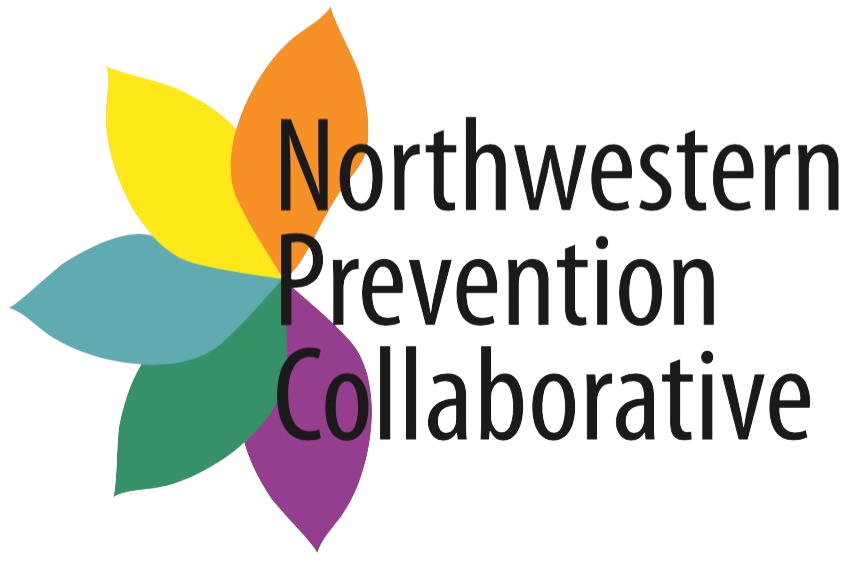Knowing that opioids are addictive is one thing. Not taking them when you are in pain—that’s more difficult. Fortunately, alternatives to opioids DO exist.
When we brought my tough-as-nails, never-admits-to-pain daughter to the ER with an injured arm, she was in tears. The doctor said she was going to give her a pain-killer—an opioid. Having constantly heard about the dangers of opioids, my (adult) daughter hesitated, then agreed to one dose of codeine that night (though the bill said she received Norco, a different type of opioid).
They sent her home with a prescription for Norco, which we never picked up. My daughter hated the way she felt on just the one dose. Fortunately for her, the pain was short-term and receded quickly. By alternating acetaminophen (Tylenol) and ibuprofen (Motrin), we were able to manage her pain well.

It is important to know what works for you or your loved one and/or what your options are before you find yourself in that type of situation—because when you are in pain, or a loved one is in pain, it is easy to choose the short-term relief over the possible long-term consequences. Perhaps you cannot avoid an opioid altogether, but you might be able to minimize the use, which is extremely important when taking a highly addictive opioid.
Below are some opioid alternatives to consider. Keep in mind that each one has its own disadvantages. This outline is intended to give you a starting place only. You need to discuss your options with your doctor while keeping in mind your health history and any risk factors.
Oral Pain Relievers
*Acetaminophen (Tylenol) relieves mild to moderate pain. A popular medication for headaches, muscle aches, arthritis, backaches, toothaches, colds, and fevers.
*Non-steroidal Anti-inflammatory Drugs (NSAIDs) (includes Aspirin, Ibuprofen such as Advil and Motrin, and Naproxen such as Aleve and Naprosyn) relieve mild to moderate pain, and reduce swelling and inflammation.
*Your doctor may recommend or prescribe a higher dose than what the typical packaging at the store recommends. Do not take a higher dose without consulting your doctor.
Nerve Pain Medications (Gabapentin/Neuraptine and Pregabalin/Lyrica) address mild to moderate nerve pain, the type usually associated with shooting/burning pains.
Antidepressants (such as Effexor XR, Cymbalta, and Savella) relieve mild to moderate chronic pain and nerve pain, as well as headaches.
Topical Pain Relievers
These pain relievers are applied directly to the area where the pain is located. They may include anesthetics (Lidocaine), NSAIDs, muscle relaxers, Capsaicin, and Compound Topicals. They are sometimes seen as “safer” because they aren’t ingested, but you usually don’t want to combine them with oral pain relievers, because that can lead to an overdose. These are usually effective for mild to moderate pain. The compound can be customized based on a patient’s needs.
Muscle Relaxers and Nerve Blocks
Muscle relaxers such as Valium (diazepam) can prove very effective, but they can also be addictive, so they must be used with care. Other pain relievers in this category include anesthetic or steroid injections around nerves, tendons, joints, or muscles, as well as spinal cord stimulation.
Permanent or temporary nerve blocks can be particularly helpful for acute, localized pain. This is an injection of drugs to a specific area of the body. Nerve ablation, where a surgeon destroys or removes nerve tissue, is another approach for controlling localized pain; it tends to last for six to nine months.
Non-opioid Anesthesia
This is considered to be a safer medication that blocks pain during and after surgery. Common options include Dexmedetomidine, IV acetaminophen, ketoraloc, and ketamine.
Ask and Ask Again
Always ask your doctor about your options. Oftentimes, doctors prescribe opioids because they want their patients to be as comfortable as possible. They may be unaware of how addictive opioids can be, or they may be unsure of whether your insurance will cover anything other than opioids. They may not be aware of family history or past trauma that might make you more susceptible to a substance use disorder. Be honest with your doctor. Don’t be afraid to ask questions—as many as you need. It is your right do what is best for your long-term health.
Sources:
https://edgewoodsurgical.com/is-non-opioid-anesthesia-better-than-opioid-based-anesthesia/




Comments are closed.